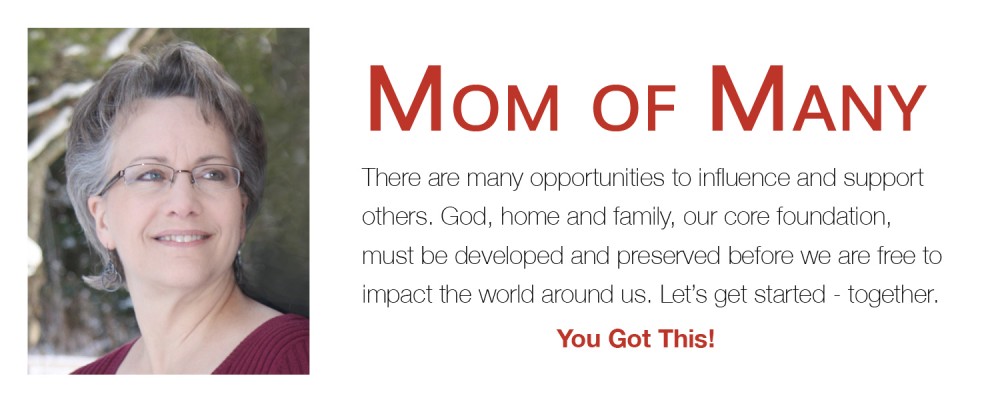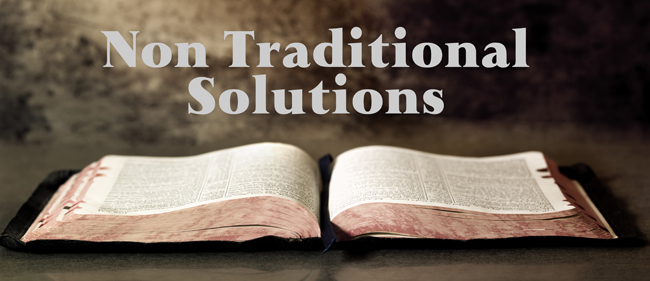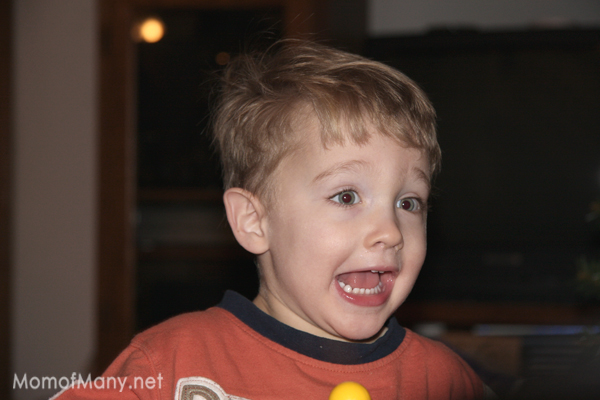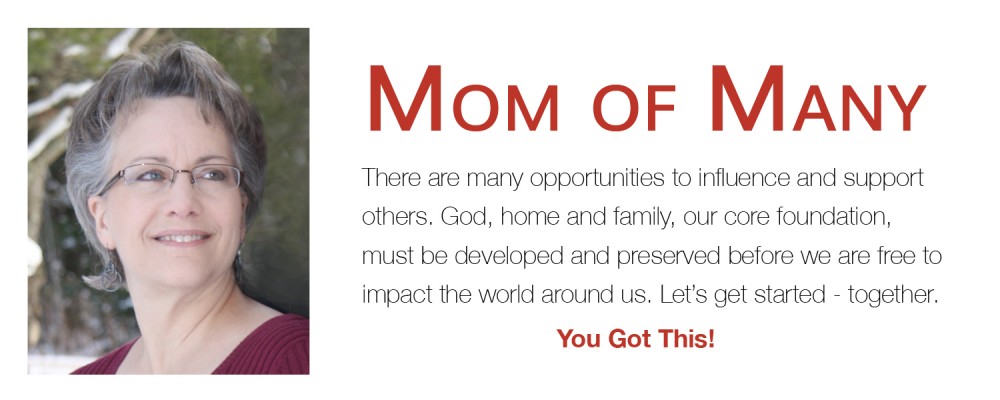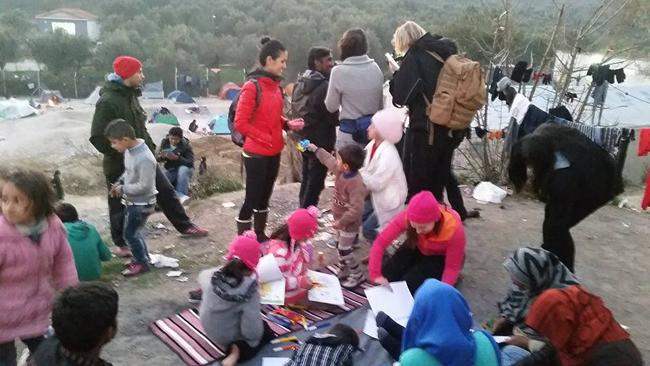Time to address a very sensitive subject…
For many, this type of conversation is painful – and will possibly elicit anger and a lashing out, but there are so many suffering parents out there that need you to know their reality and be reminded that they are not alone that I must speak out.
Insight into what it is to be a family like ours – to parent children with a difficult past, to invite into our family those who carry around emotional baggage and painful memories will not only help those of you who are on the outside looking in, but it will also help the children and families that that will be represented here. Bringing issues to light is needed.
This is not intended to paint a picture of pain and suffering to gain sympathy but to garner some understanding and support for families like ours who bear the brunt of disgruntled children.
Like many, we are still waiting for part of our family to establish a foundation, to reconcile their past and discover the value of family and reconnect with us. It’s not easy for some, though it may seem easy to us. “Just come home!” we want to shout at them. But it must be their decision. There must be a change of perspective and change of direction.
So we wait… and hope.

Do you have a child that publicly hates you?
Do they tell everyone around them stories of cruelty, abuse or favoritism? Do they post nasty comments about their upbringing on Facebook to try to garner sympathy and the “Aww, you poor thing, no wonder your life is a mess.” comments? Do they paint you as a monster that got joy from making their lives miserable? Do they desire to hurt you because their bitterness drives them to it?
In case you are one of many parents experiencing the hate that children who have become adults often dish out, I want to offer you hope. This is a temporary situation and one day they will, with God’s help, have their eyes opened and reconcile those deep seated conflicting emotions.
It’s Not Just an Adoptive Family Issue
Though our story centers around adoption, this issue doesn’t just affect adoptive families. Families are struggling all around us. They need our compassion and support…not our judgement, criticism and too often offered advice.
I ask you to give a little latitude while reading about our personal experiences and the conclusions we have drawn because of them. Unless you were there, and even if you were, you cannot 100% understand or know what it is like to raise “interesting” children.
Do You Think You Have the Right to Judge?
Families are complex entities that cannot be easily measured or evaluated by onlookers. As the heart can only be known by God and is so often misunderstood even by its own flesh and blood owner – families are too intricate and complex to be judged easily or even fairly by anyone but the One who in His infinite wisdom brought them together in the first place.
And if we do, and we realize that God brought the family together, are we not criticizing the One who in His sovereignty deemed it so? Do we in our own eyes and heart assign wisdom to our Maker and then show our lack of belief when we criticize or judge the actions of those who are doing what we are unwilling to do ourselves?
This will be a series…for there is much to talk about.
Let me make a few statements and lay some groundwork before we begin…
- We adopted many special needs kids, so some of them at the time of adoption were a bit behind in many areas (socially, intellectually, emotionally, physically, educationally etc.). They ranged from 3 months to 9 years old at adoption. Some came to us individually, some by groups of 3 and 4. Some were easy to raise. Some were not with a capital NOT.
- We were as their adoptive parents in a precarious position – living down what other adults had done or not done to them and being the brunt of their preconceived ideas and experiences. We dealt with severe fear, distrust, anger, confusion, and bitterness that were firmly planted in their heads and affected their behavior long before we came into the picture.
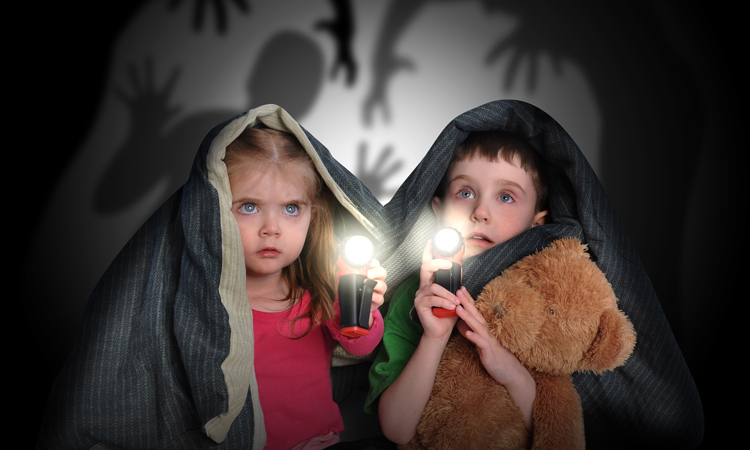
- Their prior history and/or disabilities ALWAYS colored their perspective and reactions.
- Normal discipline seldom worked with the “interesting” kids, so we had to get creative or deal with mutiny. Our feeling of responsibility to craft them into loving, responsible human beings was at times overwhelming. Needless to say, we were not successful with many and had to give them to God to complete the work. Who, by the way, has been wildly successful with most of our kids.
- It is common for those who are trying to cope, mature, and find their way to blame others with their failings: “Oh no, it couldn’t be MY fault.” It is too painful to accept responsibility and much easier to blame the siblings or parents.
- We parented the best we knew how without much help from others. No one knew what advice to give when we asked, but many onlookers were critical and judgmental when they had no personal experience or knew all the facts.
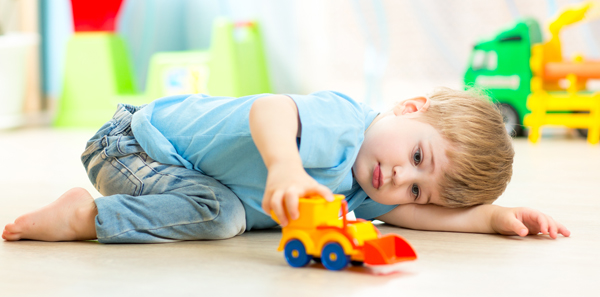
- We adopted most of our children at age 3 1/2 or older. The ability to form emotional bonds usually develops somewhere between ages 1 and 3. Many would say we were doomed to fail. We were determined to be the exception. We knew God could make all the difference and hoped it would be so.
I could probably spend 20 minutes listing all of the conditions/syndromes we dealt with.
I’ll just list the few right off the top of my head: ADHD, FASD, OCD, ODD, PTSD, LD, Dyslexia, Dysgraphia, Dyscalculia, TMI, EMI, RAD, Asthma, Allergies, Asperger’s, DD, BEH, CCD, ED, TS, APD.
If that’s not enough, add in prior abuse and neglect combined with abandonment issues.
Please use a bit of understanding when you try to form an opinion about families like ours:
- If a child cannot reconcile the things that happened before they came to the adopted family, those feelings will spill over into their new family. There is a saying about special needs adopted kids, “If they can’t hate the one who hurt them, they will hate one they’re with.” We found this to be very true. You could say, “we resemble that remark.”
- Special needs adults (special needs kids do eventually grow up, though they don’t necessarily mature) seldom remember what they did as children to warrant discipline or sanctions. They only remember the pain of embarrassment, the painful discipline or loss of freedom. Accusations of abuse roll off their tongue without much consideration of the facts or reality.
- It is common for the hard to raise kids, the ones with behavioral issues, to compare themselves to the other kids in the family who earned freedoms through trustworthy behavior. Jealousy creates bitterness and clouded memories.
- Children who have a warped view of love will often cause dissension in the family and disrupt or sabotage family events and outings. It is common for them to target the kids already in the family when they first come (and along the way) and the ones who appear to them to be favored.
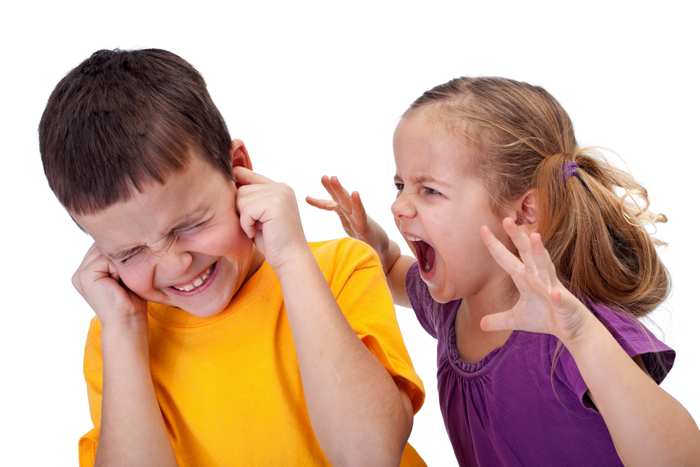
- Interesting children tend to be self-centered and narcissistic because of the pre-adoption days when they felt the need to protect themselves, felt unloved or not valued. Their reality usually isn’t the same as ours.
- The lack of bonding children experience in their first 3 years will affect their ability to form healthy relationships in the future. You will see issues develop with these kids and those they live with and work around. We as parents are not the only ones who experience their less than adorable nature – we just happen to be the ones they blame for it, even thought they brought it with them when they moved in.
- Kids with immature impulse control, poor reasoning skills, and trouble coping with disappointment will carry that into adulthood. If they have difficulty adjusting to adulthood (which is more common than not) their out of control lifestyle will breed discontentment, guilt, discouragement or depression. ALL of their failures will be blamed on the parents and how they were raised. “If they weren’t so hard on me,” “If they’d only let me do what I wanted,” “If they’d been fair/reasonable/less demanding/accepting/less controlling,” the list goes on in their head. The alternative would be to take responsibility and change – which would require a change of mind. Pride does not allow them to evaluate themselves or their home life properly.
- Spiritual maturity is key to turning the “interesting” kid into a mature, responsible, loving adult. When you meet an adopted kid that grew to be gracious and compassionate out of a past of turmoil and upset, realize it was the power of God that brought them through.
- When you hear hateful comments and accusations publicly, realize that a spirit filled mature child would never malign their family or parents. If the accusations were true, they would forgive. If they were not, a spiritually mature child wouldn’t lie to make themselves feel or look better. Consider the source.
Side note: The kids who were raised right along with the “interesting” ones have had issues of their own to overcome – their family was changed through adoption – which brought uncommon drama into their life. Few stop to think about them and what they had to live through.
Most of the focus by onlookers is on the adopted child and their perceptions, needs and challenges. This only adds to the prideful arrogance of the troubled child who cries foul and adds to the bitterness that the non-troubled child often deals with. It’s the prodigal child/faithful son story all over again. Be careful how you support these struggling kids and adults. Treading on parental authority is dangerous business.
I’ll leave you with that to chew on for a while. Please realize that there is more to the story than what you have been told or think you have witnessed. If you could only have walked a mile in our shoes…you would have run screaming to the next town and cried, “Mercy!”
I’ve said it before and so now I’ll say it again. I love all of my kids and am grateful for those who do love us and desire a relationship. I am blessed. And for those who do not – I still love them too and will always watch out the window for when they decide to come home. Some will scoff, but they must realize that I will still continue to hope they come back home.
If you are a parent in need of support, please join us and be invited to our exclusive M.O.M.s Facebook group where we chat every day about mom stuff. it’s a safe place to share your concerns and seek advice.
Next I will tell you how we handle the publicly declared accusations and hate mail as siblings and parents. God speed and until next time…


